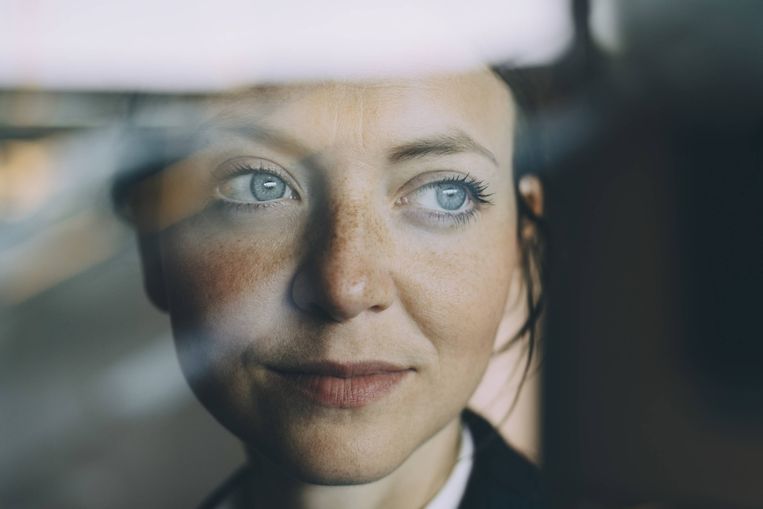number of theories in a row.
Having déjà vu – which in French means “already visible” – is a strange sensation. You end up in a situation so easily recognizable or familiar that you feel as if you are experiencing an event all over again. While it may feel like a certain moment repeats itself, it isn’t. Opinions are divided about what happens during deja vu. Because it comes on so suddenly, it’s hard to imitate and research it.
Neuroscientist Jordan Gaines Lewis once described it as a “brain malfunction.” Your brain is constantly processing information to paint a good, complete picture of the world around you. If it’s not perfect, and your sensory perception and memory intersect, you may feel like you’ve been through something before. However, this theory is not entirely correct, because déjà vu is not always based on real experience.
According to neurologist Emile Couturier, there can also be a short circuit in the brain. “Everything you see with your eyes is stored in the brain. But before storing, the conscious mind interprets the image. The meaning is given and the labels attached to it. Sometimes the order changes, and the image is saved before interpretation. When the image then arrives in the correct order, the image is already there. And you have déjà vu,” she previously told LINDA. In short: the image is first stored in our brain, but we don’t realize it until later.
Although very little scientific research has been conducted on the topic, neuroscientists at the University of St Andrews attempted in 2016. According to them, déjà vu has nothing to do with our memory, but rather with conflict resolution. We are looking for a memory that is not there, causing our brains to confuse. Compare it to seeing a moving train while on a stationary train. It then becomes unclear whether your train is the one running or the other one.
Another interpretation of déjà vu is that memory moves from short-term memory to long-term memory, making it appear as if you are remembering something from the past, when you are actually experiencing it at that moment. And do you think déjà vu is actually a memory from a previous life? Then you will cheat. It has not been scientifically proven and according to the American Professional Association of Psychologists, it is not true.
Conclusion? Déjà vu has not yet been scientifically explained. However, according to neurologist Couturier, there are likely two theories. For example, there’s a good chance it’s an “irregular alarm”, making you think it’s a memory, but it isn’t. Short circuit theory is also a good explanation. So we don’t know for sure (yet). Do you often suffer from deja vu? Then it is a good idea to contact your doctor. According to Couturier, people with epilepsy and migraines are more likely to suffer from this phenomenon.

“Total coffee specialist. Hardcore reader. Incurable music scholar. Web guru. Freelance troublemaker. Problem solver. Travel trailblazer.”







More Stories
GALA lacks a chapter on e-health
Weird beer can taste really good.
Planets contain much more water than previously thought